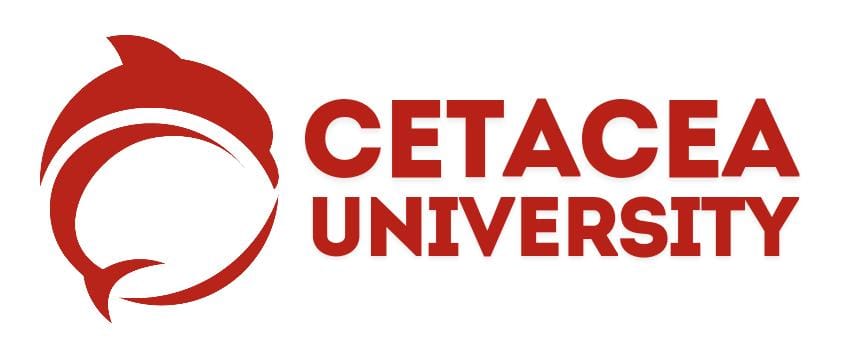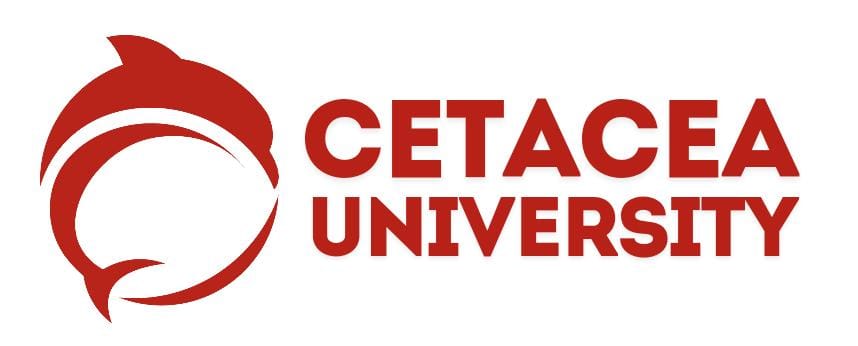The correlation between education and career success has long been a subject of discussion. In today’s fast-paced, ever-changing job market, the balance between theoretical knowledge and practical skills is more crucial than ever. This final blog topic explores how education impacts career trajectories and the importance of balancing knowledge with hands-on experience.
- Theoretical Knowledge as a Foundation: Education provides the theoretical underpinnings that form the foundation of professional expertise. It equips individuals with a broad understanding of their field, critical thinking abilities, and problem-solving skills. This knowledge is essential for innovation and for understanding the ‘why’ behind the ‘how’.
- Practical Skills and Real-World Application: While theoretical knowledge is vital, the ability to apply this knowledge in real-world scenarios is what sets apart successful professionals. Internships, apprenticeships, and practical modules within academic programs bridge the gap between classroom learning and the workplace.
- Adaptability and Lifelong Learning: The modern workplace values adaptability and the willingness to learn continuously. Education fosters a mindset of lifelong learning, encouraging professionals to stay current with industry trends and emerging technologies.
- Soft Skills and Interpersonal Abilities: Education also plays a pivotal role in developing soft skills such as communication, teamwork, and leadership. These skills are often the differentiators in career advancement, as they are critical for collaboration and management roles.
- Networking and Professional Connections: Universities and educational institutions often serve as networking hubs, connecting students with alumni, industry leaders, and potential employers. These connections can be invaluable in launching and advancing one’s career.
- Credentialing and Recognition: Degrees and certifications serve as benchmarks of expertise and are often prerequisites for advanced positions. Education provides the credentials that can open doors to new opportunities and career paths.
- Personal Fulfillment and Confidence: Beyond career advancement, education contributes to personal fulfillment. It builds confidence and a sense of achievement, which in turn can lead to greater job satisfaction and success.
In conclusion, education is a powerful tool that impacts career success in multifaceted ways. It is not just about acquiring knowledge but also about developing the practical skills, adaptability, and soft skills necessary for thriving in the modern workforce. As we look to the future, the integration of knowledge and skills will continue to be a key driver of professional growth and achievement.


